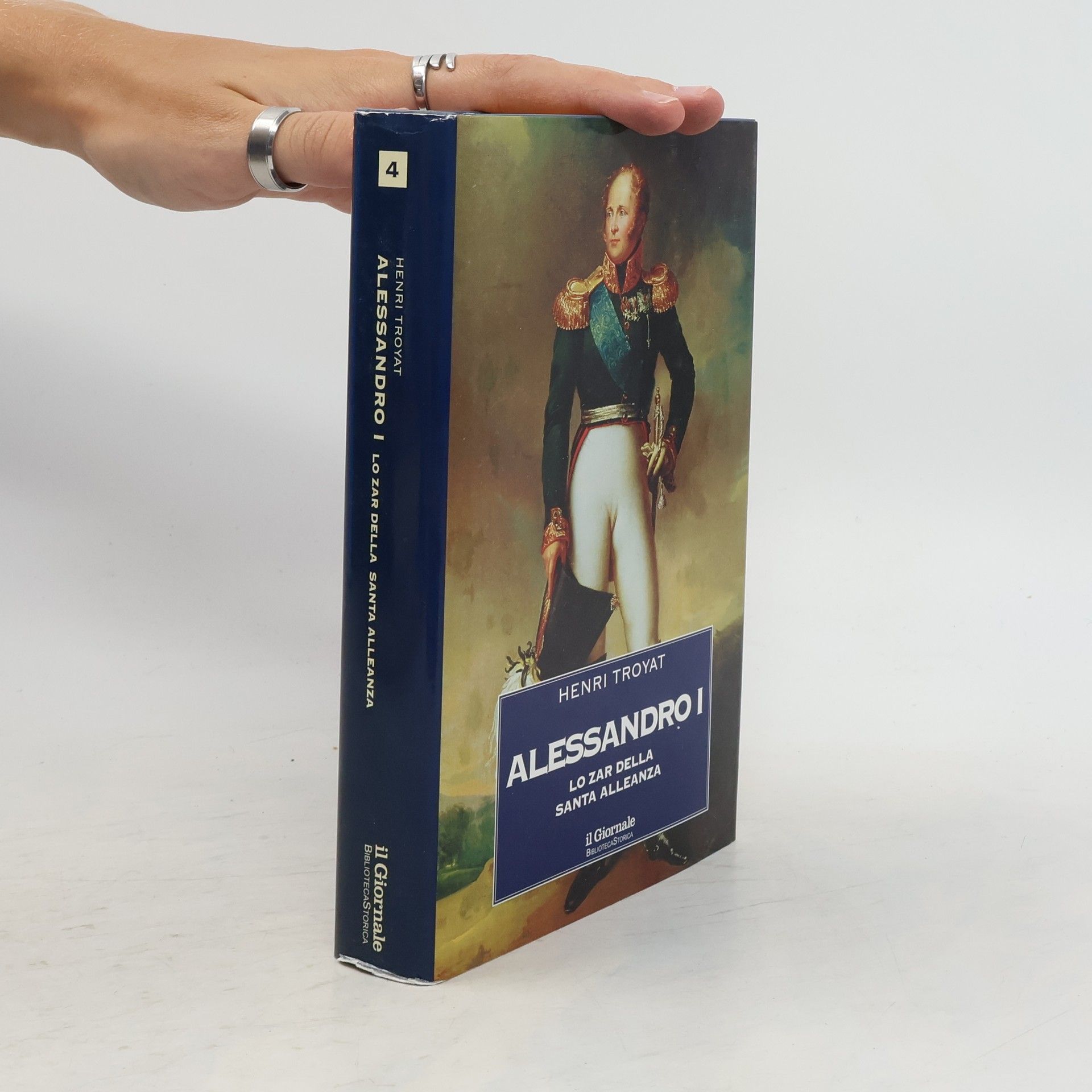Kim naprawdę był twórca Imperium Rosyjskiego? Fascynującym geniuszem, który przekształcił słaby kraj w mocarstwo, czy przerażającym szaleńcem, który bez wahania przelewał krew poddanych? Piotr I Wielki, koronowany w 1689 roku, w 1721 roku przyjmuje tytuł Cesarza Wszechrusi. Obala dawne obyczaje, narzucając europejskie stroje i poglądy. Wprowadza radykalne reformy w administracji, prawie, finansach i gospodarce, tworzy regularną armię i flotę, a jego wojny z Turkami i Szwedami kosztują tysiące istnień. Poświęca życie wielu, by wznieść nową stolicę – Sankt Petersburg. Kładzie podwaliny pod nowoczesny przemysł, buduje drogi, zakłada szkoły i unowocześnia rolnictwo, wszystko to kosztem zniewolenia narodu. Władca umie posługiwać się kompasem, siekierą cieśli i katowskim toporem. Jest olbrzymem, który łamie w rękach podkowy, a jednocześnie prostakiem, który oddaje się obżarstwu i pijaństwu, pragnąc wprowadzić Rosję do europejskiej cywilizacji. HENRI TROYAT, wybitny francuski pisarz i biograf, w pasjonującej opowieści kreśli barwny wizerunek Piotra, łączącego cechy geniusza i szaleńca, nieludzkiego, nadludzkiego i ludzkiego zarazem.
Henri Troyat Book order (chronological)
Henri Troyat was a French author whose works often delved into the depths of human psychology and history. His own experiences fleeing Russia imbued his prose with vivid descriptions and emotional tension. His extensive oeuvre encompasses both novels and compelling biographies, illuminating historical figures while exploring universal human experiences. Troyat masterfully blended meticulous historical research with a powerful narrative gift, offering readers engaging insights into the past and the human condition.

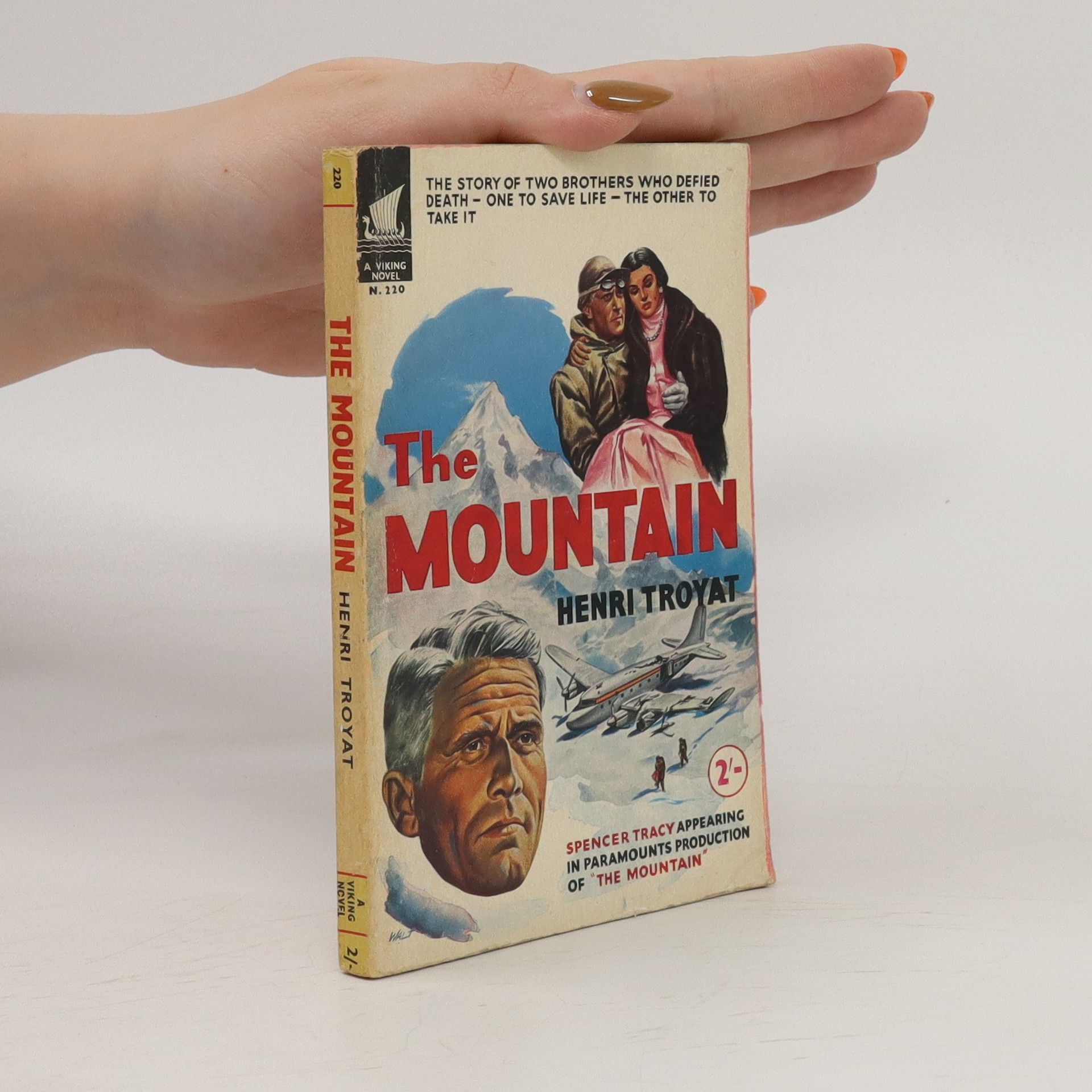


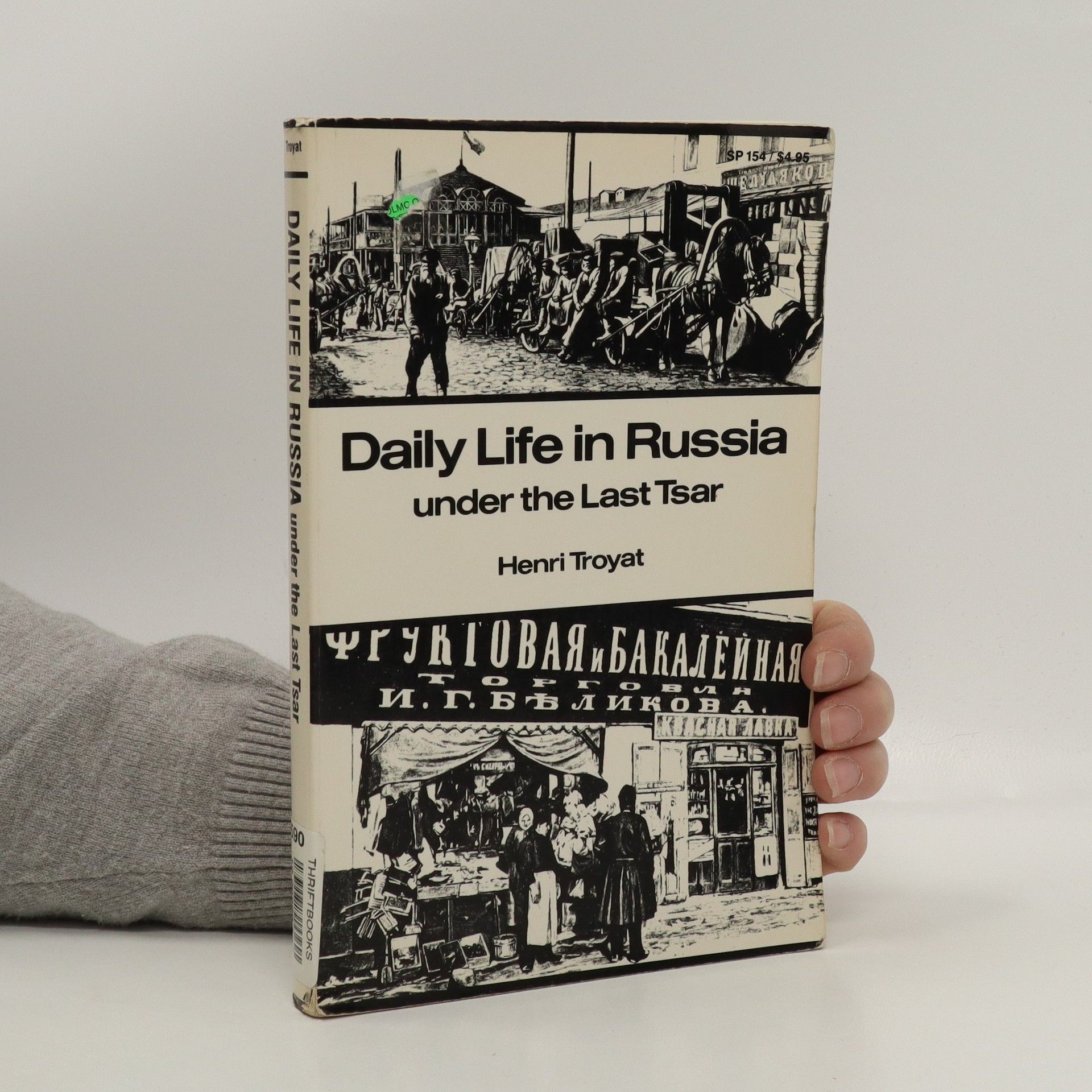
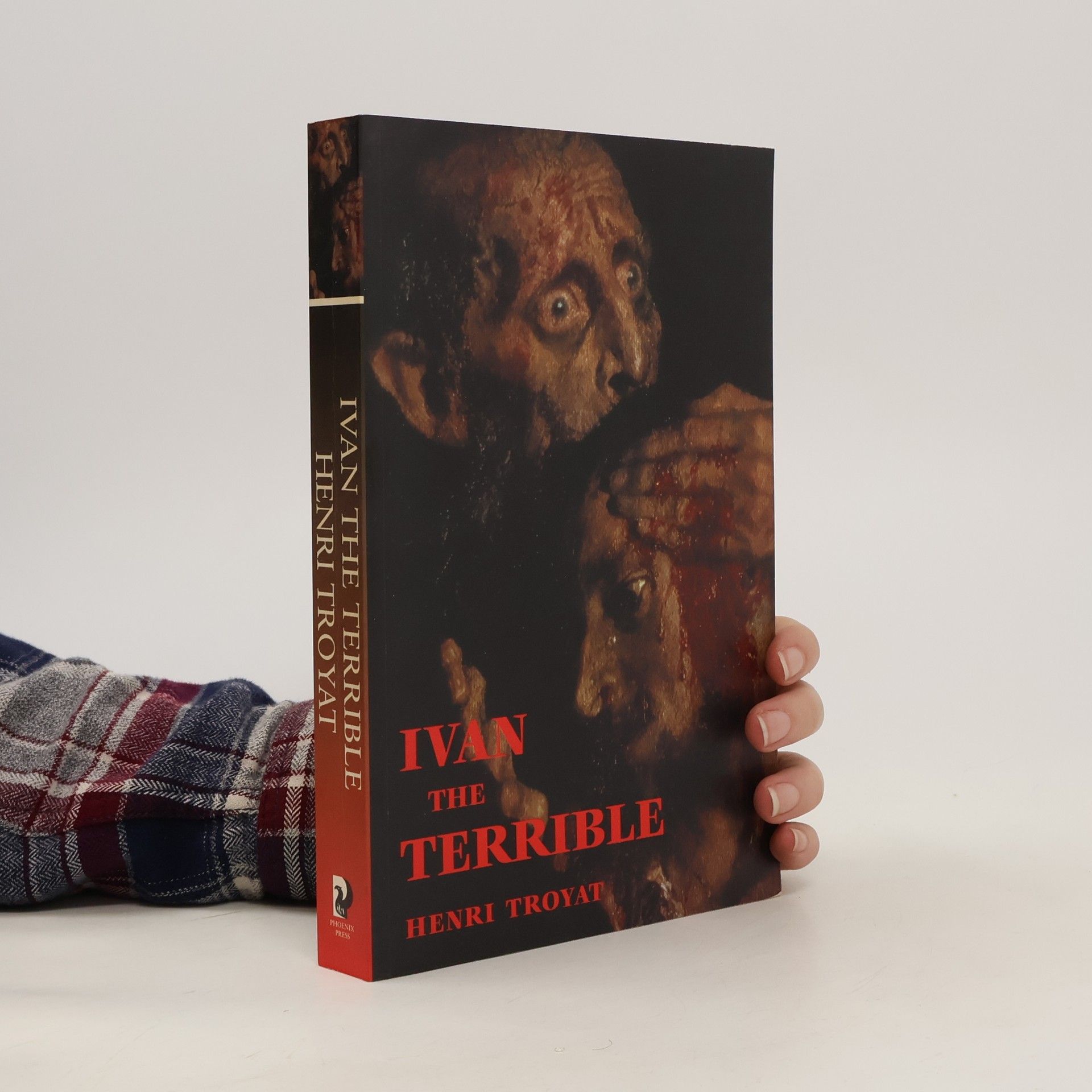
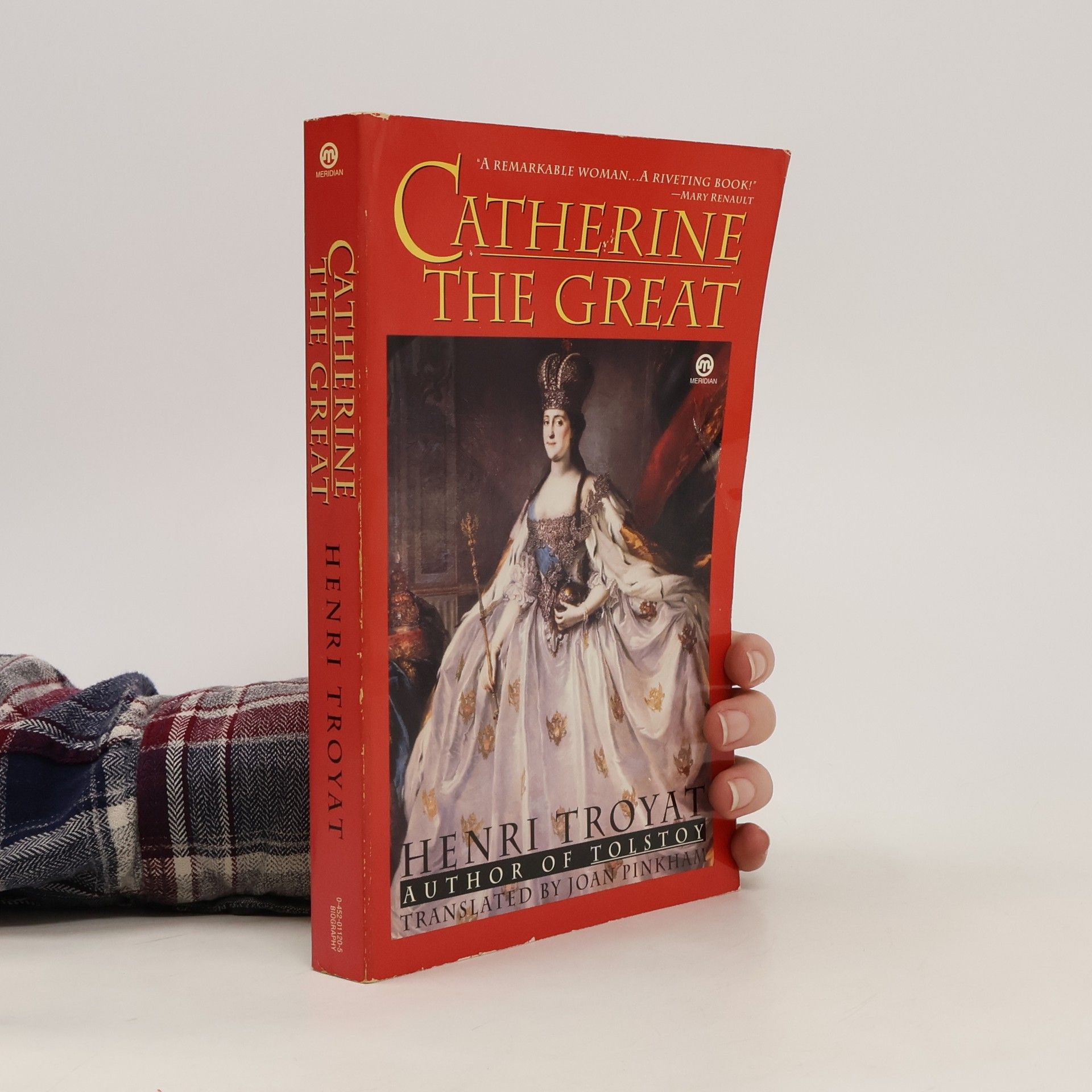
Bezwzględna despotka i przyjaciółka filozofów, przebiegła w polityce i rozmiłowana w sztuce, przez ponad 34 lata (1762-1796) rządzi twardą ręką. Krwawo tłumi bunty, prowadzi zręczne gry polityczne i zwycięskie wojny. Unicestwienie potęgi tureckiej, przyłączenie Krymu, rozbiory Polski – zawsze w imię świętych interesów imperium. Mieni się liberalną, a postępuje jak autokratka: tortury i morderstwa są nieodłączną częścią jej polityki. Wzniosłe idee filozofów nie przeszkadzają jej umacniać poddaństwa, a mimo to dla swego ludu pozostaje ukochaną „mateczką”. Ostentacyjnie wspiera pisarzy i artystów, ale to tylko propaganda na użytek oświeconej Europy. W miłości jest wstydliwa w słowach, rozwiązła w czynach. Obdarzona krwistym temperamentem, mężczyzn ma za narzędzia rozkoszy. Żelazną wolą, pracowitością i inteligencją osiąga wszystko, czego pragnie. Poślubia nie tylko następcę tronu, którego niebawem zamorduje, ale także duszę rosyjskiego narodu. Niemka, w której żyłach nie płynie ani kropla krwi rosyjskiej, staje się ucieleśnieniem Rosji. Autor, wybitny pisarz francuski i biograf, kreśli barwny, wielowymiarowy portret tej władczyni, łącząc w nim jej przerażającą moc i ludzkie namiętności.
Iwan IV, osierocony przez rodziców i oddany pod opiekę bojarów, od najmłodszych lat uczy się przebiegłości i okrucieństwa. W 1547 roku, mając siedemnaście lat, koronuje się na pierwszego cara Wszechrusi, stając się despotycznym władcą. Jego skłonność do przemocy łączy się z pobożnością, wierzy, że działa w tajnym porozumieniu z Bogiem. W jego umyśle roi się od podejrzeń o spiski, a najwierniejsi dworzanie giną w okrutnych torturach. Iwan, sadysta i mistyk, kocha przelewać krew, ale także kobiety, żeniąc się osiem razy, ignorując dezaprobatę Kościoła. Jednocześnie jest wybitnym reformatorem, pracującym nad reorganizacją kraju i poszerzaniem jego granic w zmaganiach z Polakami, Szwedami i Tatarami. Jego postać jest pełna sprzeczności – wizjonerska, a zarazem brutalna, dewotka i rozpustnik. Kim był naprawdę ten krwawy twórca carstwa rosyjskiego? Henri Troyat, francuski pisarz i historyk rosyjskiego pochodzenia, w fascynujący sposób ożywia kontrowersyjną postać Iwana, ukazując zgiełk bitew, barbarzyński przepych dworu i mroczną atmosferę izb tortur, pozostawiając czytelników oszołomionych namiętnością i tajemnicą.
The Seed and the Fruit; 3
- 422 pages
- 15 hours of reading
Terribles tsarines
- 311 pages
- 11 hours of reading
Qui remplacera Pierre le Grand ? Qui succédera au réformateur despotique et visionnaire ? A la mort du Tsar, en 1725, toute la Russie s'inquiète. Les grandes familles complotent, les proches du pouvoir intriguent : on cherche en vain un maître, un descendant en âge de régner s'imposant à tous... ou ne gênant personne. Mais on ne s'accorde que sur des femmes ! Et quelles femmes ! Trois impératrices et une régente, qui tiendront l'empire pendant trente-sept ans : Catherine Ière, Anna Ivanovna, Anna Léopoldovna, Elisabeth Ière. Chacune de ces autocrates imposera à la nation son caractère violent, dissolu, ses amours, ses foucades, ses cruautés. Et ses extravagances. Dans ces pages d'or et de glace, Henri Troyat nous conte le destin de ces tsarines peu connues, éclipsées par la personnalité de Pierre le Grand... et par celle de Catherine la Grande qui leur succéda en 1761. C'est un monde qui renaît ici, un empire tenu par le fer et par les femmes...
J'ai Lu: Les Eygletière
- 380 pages
- 14 hours of reading
Romane autorius parodo tipišką buržuazinę šeimą. Šeimos galva, Filipas Egletjeras, prasisiekęs juristas, - ciniškas ištvirkėlis, žmogus be principų, kurio vieninteliai „idealai“ - komfortas ir malonumai. Gražuolė Karolė, jo antroji žmona, - išorinės elegancijos, egoizmo ir veidmainystės įsikūnijimas. Abu jie puikiai atstovauja tai bedvasei visuomenei, kurios būdingiausi bruožai - vidinė tuštuma, žmogiško jausmo stoka, vergavimas daiktams, materialinės gerovės troškimas, malonumų vaikymasis. Tuo tarpu jų vaikai - morališkai dar sveiki, tyraširdžiai, nepatyrę jaunuoliai. Jie svajoja apie kilnesnius idealus, bet visos jų iliuzijos subyra į dulkes, kai jie geriau pažįsta vyresniosios kartos gyvenimą ir perpranta jos veidmainingą moralę.
Pietro il Grande
- 397 pages
- 14 hours of reading
Alessandro I. Lo zar della Santa Alleanza
- 511 pages
- 18 hours of reading




